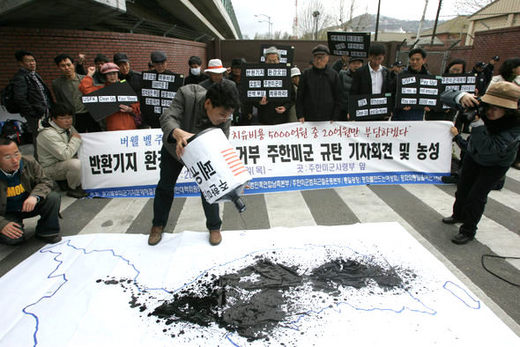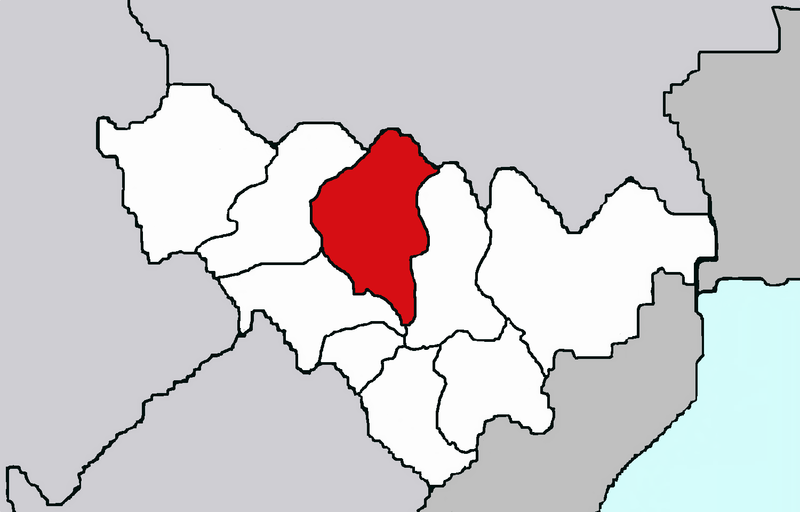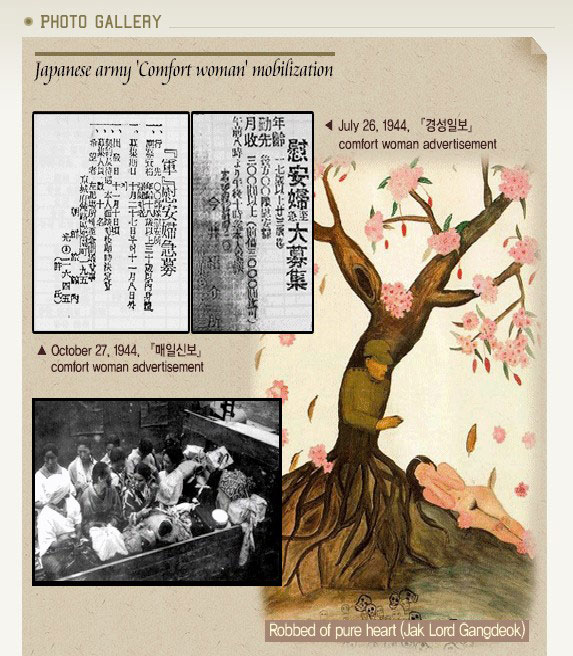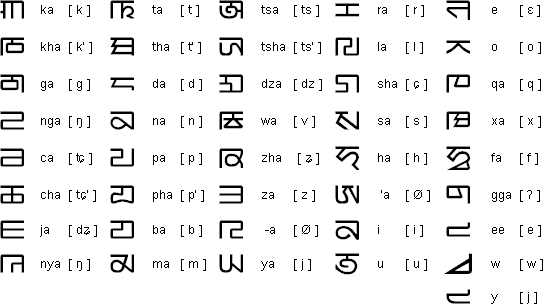See also
economy under Japanese ruleThe colonial policy of land confiscation and forced delivery of rice to Japan both impoverished the Korean countryside and resulted in food shortages in the early 1920sJapan focus
This is how many Koreans and some Japanese leftist say. But is this true?
1 The land survey was done to investigate how large the land is, who own the land, what the land was used for:It was needed for fair the collection of the tax.
2 The total arable land was 4500,000(chouho)
Japanese who traded the land owned 255.000, 6% of the arable land.
The land confiscated by the government due to owner-less, or unproved to be owned, was 147,000, 3% of the arable land.
(Korea governor-general's office 調査資料2ー7
trontalker)
3
For instance , the following is the survey of the area of 全北
Area 100-500 chouho.....more than 500 chouho
..........1926....1930....1939....1926....1930....1939
Japanese#...27......39......39......19......19......18
total....6,284...8,516...8,165..29,071..31,870..32,552
Koreans#....71......73......85.......7.......5......5
total...12,170..13,644..14,962...5,742...4,879..4,467
(
全羅北道「内鮮人地主所有地調」1928年
農林省京城米穀事務所群山出張所「全羅北道・全羅南道地主調」1930年
全羅北道農村振興課「全羅北道地主調」1939年)
And here is an survey of the land deduced from the tax survey.
.............1935......1936......1937......1939.....1942
Japanese 455*.......413.......423.......416......424
Koreans....4,001*.....4,017.....4,012.....4,029....4,096
(*.unit=1000chouho)
Japanese owner of the land was 10% of the total.
4
Some Korean historians claims that Korea was forced to deliver the rice to Japan by showing the following diagram.
year production/ export to Japan/consumption in Korea
1920 大正 9年 1、270 185 1,085
1922 11年 1、432 340 1,092
1924 13年 1,517 475 1,042
1926 昭和元年 1,497 544 953
1928 3年 1,730 742 988
1930 5年 1,370 540 830
1932 7年 1,590 760 830
1933 8年 1,630 870 760
However, the rice was not forced to export but it was traded. Note that at this period of the times, Japan was in the depression, and Japanese farmer also had to sell all the rice the produced to exchange for the money, Korean rice was cheaper, so in 1934, Japanese farmers demanded that the import from Korea should be restricted. Japanese farmers as well as Korean farmers suffered, and had to sell the rice but that does not mean Japanese government confiscated the rice.
toron It should be emphasized that a Korean professor at Seoul University also confirms the
line of the argumen above.
....................................................................................
A Seoul University professor "The theory of confiscation by Japan is a myth
ソウル大教授「日本による収奪論は作られた神話」
日本による植民地時代に韓国が土地と食糧を収奪されたという韓国史教科書の著述は歪曲されたものだという主張が提起されている。
韓日問題を論じるシンポジウムでソウル大学の李栄薫(イ・ヨンフン)教授が発表した内容だが、李教授は過去の「従軍慰安婦は売春業」発言に続き、再び論争を呼び起こしている。
「1910年に日本は大韓帝国を強制的に併合した」
「日本は韓国が植民地だった35年間に、韓国の土地の40%以上を収奪し、膨大な米を略奪していった」
これらが韓国が独立後、40年以上にわたり中学・高校の国史教科書に記載されている内容だ。
しかしソウル大学経済学科の李栄薫(イ・ヨンフン)教授はこうした収奪論が歪曲された神話だと主張した。
収奪という表現は太平洋戦争末期を除き、被害意識から出てきた言葉だと李教授は話している。
以下はYTNによるインタビュー。
李教授「日帝(日本帝国主義)が韓国の米を供出、強制徴収したとされているが、実際には両国の米市場が統合されたことにより、経済的『輸出』の結果だった」
客観的数値で見ても、奪われた土地は10%に過ぎなかったと説明している。李教授は韓国の歪曲された教科書で学んだせいか、反日感情の根がかなり深くなっていると話した。
李教授「私たちが植民地時代について知っている韓国人の集団的記憶は多くの場合、作られたもので、教育されたものだ」
こうした主張について市民団体は植民地状況自体が不法であるという点を見過ごしていると反発している。
李教授「植民地時期全体を見れば、労働力搾取だとか、状況が・・・その中に不法もあり、そうでなかった場合もあり、様々な次元があるため・・・こうした状況を通称し収奪と表現するのでしょう」
李教授の主張がメディアを通じ知れ渡るとインターネットの各掲示板でも熱い討論が展開された。植民地史観の先兵と変わりがないと非難する書き込みが殺到した。
一方で李教授の理論にも一理あるとし、教科書を客観的に見るべきという声も少なくなかった。
李教授は2か月前にテレビの討論番組で従軍慰安婦を売春業と関連付けた発言を行い、物議を醸した人物だ。
日本による収奪論を否定する李教授の発言は、韓国で新たな熱い論争を巻き起こしている。2004/11/20 09:48朝鮮日報
see also
木村幽閉記see also
naver









 Korea Sees Worst Labor Protests in Years
Korea Sees Worst Labor Protests in Years




